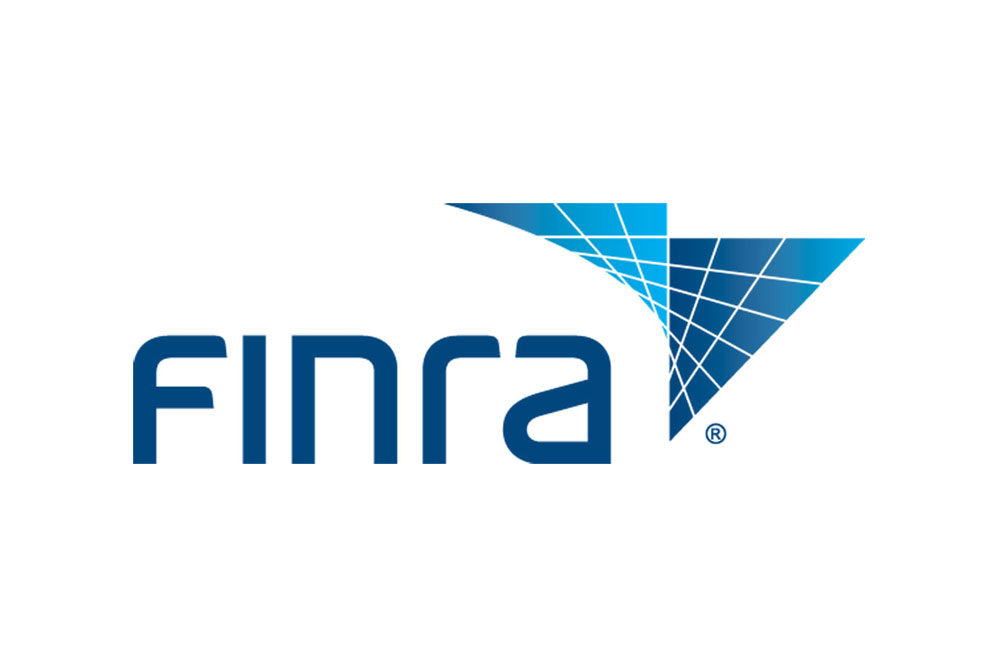IL Offerta pubblica iniziale (IPO) represents a significant milestone in a company’s growth, symbolizing its transition from a private entity to a publicly traded corporation. This transformative process is laden with regulatory and compliance requirements, which ensure fairness, transparency, and investor protection. Among the entities playing a pivotal role in this process is the Financial Industry Regulatory Authority (FINRA). As a self-regulatory organization, FINRA’s involvement in IPOs is crucial to maintaining the integrity of the financial markets and instilling investor confidence.
Understanding FINRA’s Mandate
FINRA is a non-governmental organization authorized by Congress to oversee brokerage firms and exchange markets in the United States. Its primary objectives are:
- Investor Protection: Ensuring that investors are treated fairly and safeguarded from fraud or misconduct.
- Market Integrity: Promoting fair and efficient markets by enforcing compliance with securities laws and regulations.
- Regulation and Enforcement: Developing rules, conducting examinations, and taking disciplinary actions against entities that violate securities laws.
In the context of IPOs, FINRA’s role extends across various stages, ensuring that all parties involved—including the issuing company, underwriters, and brokers—adhere to stringent regulatory standards.
Key Roles of FINRA in the IPO Process
- Reviewing Underwriting Arrangements
One of FINRA’s primary functions in an IPO is to review the underwriting arrangements between the issuing company and its underwriters. This review ensures that:- The underwriting terms, including compensation, are fair and reasonable.
- There are no conflicts of interest that could compromise the integrity of the offering.
To achieve this, FINRA requires underwriters to submit detailed documentation, such as the underwriting agreement, terms of compensation, and other relevant financial disclosures. FINRA’s Corporate Financing Rule (Rule 5110) specifically governs these submissions.
- Monitoring Compliance with Regulatory Standards
FINRA ensures that all participants in the IPO process comply with federal securities laws and its own regulatory framework. This includes:- Broker-Dealer Registration: Ensuring that brokers and dealers involved in the IPO are properly registered and meet FINRA’s membership requirements.
- Advertising and Communications: Reviewing marketing materials to prevent misleading or exaggerated claims that could misinform investors.
- Preventing Excessive Compensation and Misconduct
FINRA scrutinizes the compensation structures for underwriters to prevent excessive fees that might undermine investor returns. This oversight protects the fairness of the pricing mechanisms and helps maintain market confidence.Additionally, FINRA monitors the allocation of IPO shares to ensure ethical practices. The organization investigates practices such as spinning (allocating shares to favored clients) or laddering (encouraging aftermarket purchases at inflated prices).
- Facilitating Transparency in Disclosures
Transparency is a cornerstone of the IPO process. FINRA collaborates with the U.S. Securities and Exchange Commission (SEC) to ensure that the issuing company provides full and accurate disclosures about its financial health, risks, and business prospects. By doing so, FINRA helps investors make informed decisions based on reliable data. - Post-IPO Oversight
FINRA’s responsibilities do not end once a company goes public. Post-IPO, FINRA continues to monitor trading activities to detect and deter potential market manipulation, insider trading, and other fraudulent practices. This ongoing oversight helps maintain investor trust and the integrity of the capital markets.
The Importance of FINRA in Ensuring Market Confidence
he IPO process is inherently complex and involves a diverse array of stakeholders. Without robust oversight, this complexity could lead to abuses that undermine investor confidence and the stability of the financial system. FINRA’s role in regulating underwriting arrangements, ensuring compliance, and monitoring post-IPO activities is indispensable in fostering:
- Fairness: Ensuring all market participants operate on a level playing field.
- Transparency: Providing investors with the necessary information to make informed decisions.
- Efficiency: Maintaining orderly markets where securities are priced and traded fairly.
Challenges and Evolving Responsibilities
Despite its critical role, FINRA faces challenges in adapting to evolving market dynamics. The emergence of new financial instruments, technologies, and market participants requires FINRA to continuously update its regulatory frameworks and enforcement strategies. Furthermore, the globalization of financial markets necessitates collaboration with international regulatory bodies to address cross-border issues effectively.
Conclusione
FINRA’s involvement in the IPO process is vital to ensuring that companies can access capital markets in a manner that protects investors and upholds market integrity. By enforcing fair practices, preventing misconduct, and fostering transparency, FINRA plays a central role in supporting a robust and trustworthy financial ecosystem. As markets continue to evolve, FINRA’s commitment to adapting its regulatory oversight will remain key to safeguarding the interests of all stakeholders involved in IPOs.







